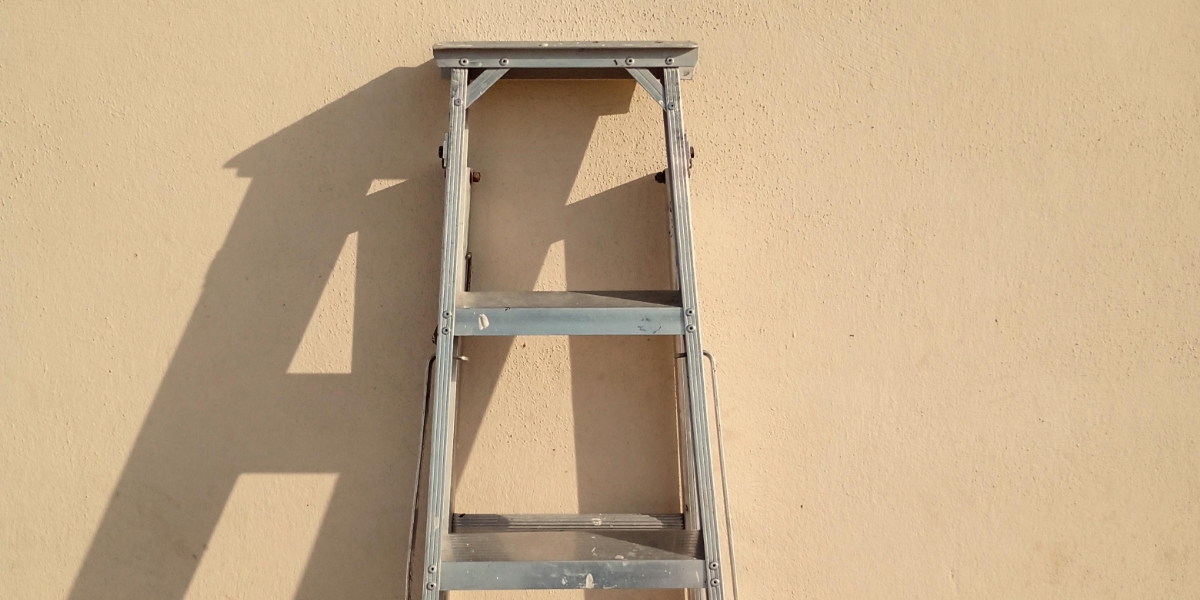Interested in buying your first house? The Home Buyers’ Plan (HBP) lets you use your RRSP, tax-free, to do so. But how does it work and what are the conditions? Find out what it's all about below.
4 things you should know before getting a mortgage in Canada
There’s a lot to consider when applying for a new mortgage. Here’s what you need to know before you even make an offer on a new home.

The housing market has cooled and interest rates have gone up, but there are still opportunities for home buyers in Canada in 2023.
Regardless of the economic climate, anyone looking to purchase a new home needs to consider getting a mortgage. This is where it helps to have the benefit of professional advice and careful research.
"The excitement of buying a home is sometimes overwhelming,” says Kirk Bacon. He is the former chairman of the Mortgage Broker Regulators’ Council of Canada (MBRCC).
“We advise people to do their homework ahead of time,” Bacon says. “Meet with a mortgage broker prior to writing an offer. If you’re only meeting with someone after you’ve made an offer, then you’re under the gun. You have a short timeframe to make a decision.”
Here are four mortgage rules everyone must know before making an offer on a home:
1. Don’t buy more house than you can afford
You can qualify for a mortgage with a down payment of as little as 5% of the purchase price. That’s provided you purchase mortgage loan insurance from the Canada Mortgage and Housing Corporation. But a mortgage that pays for 95% of the purchase price isn’t for everyone.
- Did you know you can buy your first home with the RRSP Home Buyers’ Plan? Here's how it works.
Think carefully about your ability to manage the monthly mortgage payments, even as rates rise in the coming years. You’ll also have to think about the stability of:
- your job,
- your spouse’s or partner’s job, and
- your relationship with your spouse or partner.
Your personal situation ought to dictate how much mortgage debt is right for you.
2. Find a good mortgage broker
Bacon recommends asking around. “Word-of-mouth referrals are always a good place to start,” he says.
But he also strongly recommends asking questions, such as:
- Are you licensed as a mortgage broker?
- Who do you represent?
- How are you compensated?
- What services do you provide?
3. The answer to fixed vs. variable mortgage depends on you
Variable-rate mortgages are usually a better deal over the long term. But this is a highly personal decision. Plus, the answer may have as much to do with your own financial situation (not to mention peace of mind) as it does dollars and cents. If your mortgage keeps you up at night, it’s not right for you.
4. Read your mortgage contract carefully
As obvious as this sounds, not everyone actually does it.
Just because you’ve used a broker doesn’t mean you can turn on the autopilot. At the very least, ask your broker questions about:
- fees and penalties,
- payment options,
- interest rates and
- the renewal process.
Think about getting mortgage protection insurance
While you’re arranging your mortgage, think about safeguarding your investment with the right insurance.
Mortgage protection insurance is a life insurance policy that offers your family or beneficiaries a certain amount of money if you were to pass away.
The payment can cover more than just the mortgage and your beneficiaries can use the money for any reason. For example, in addition to mortgage payments, they can use the money to cover:
- debts,
- the cost of childcare, or
- the cost of other living expenses.
- Get a quote today. Want to apply for your life or critical illness insurance online? You can, with Sun Life Go insurance. Get a quote here.
Read more:


